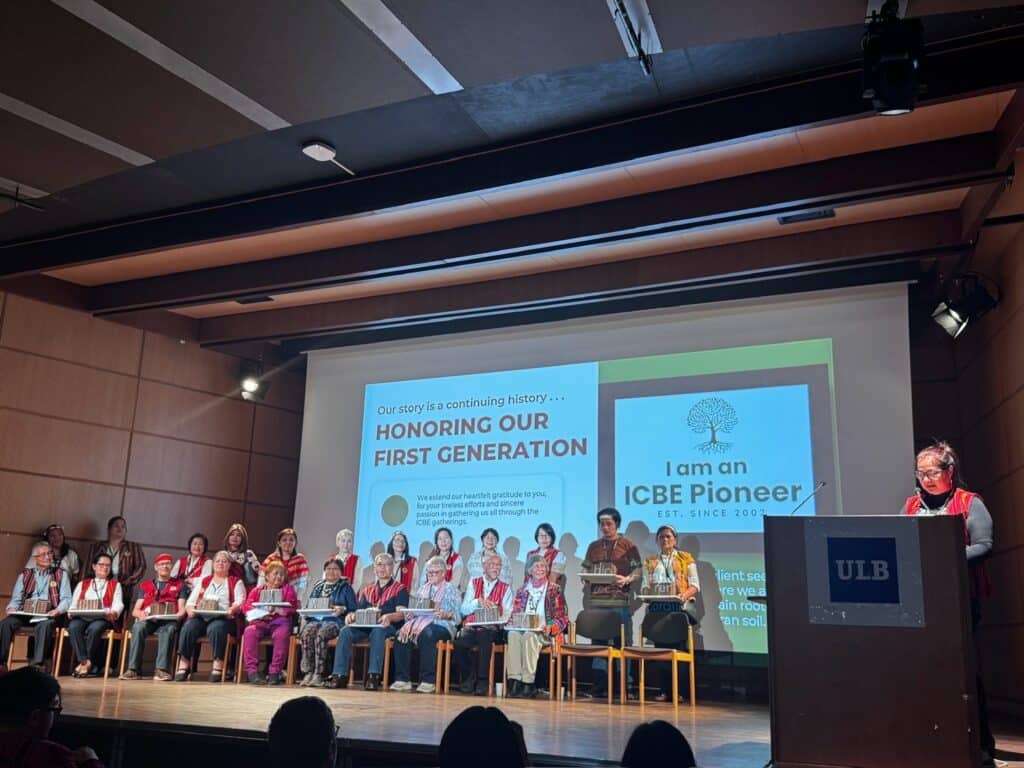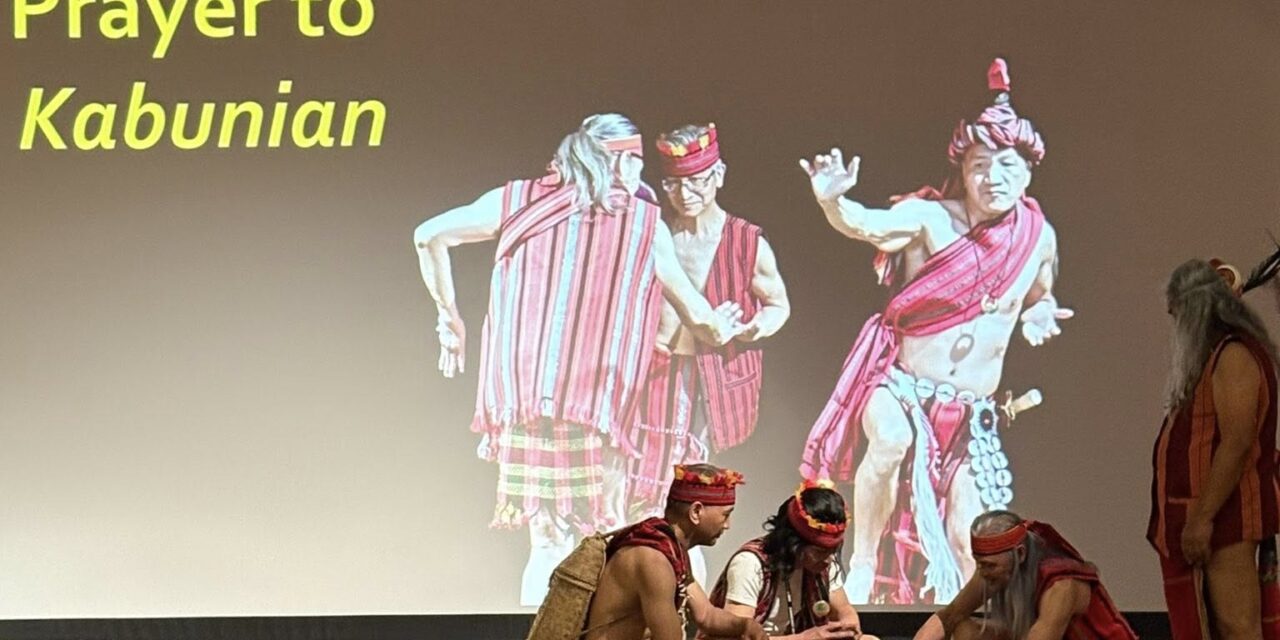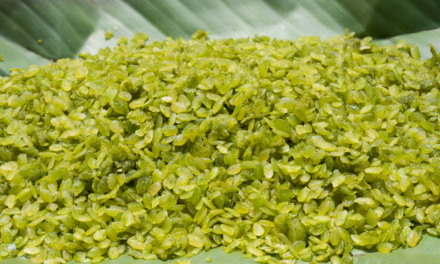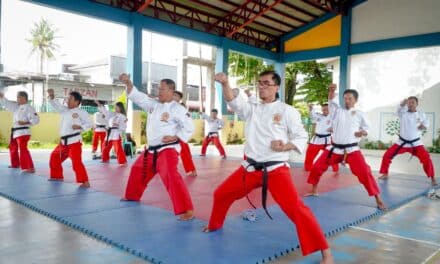Prague, CZ – The Igorot community recently came together in Brussels, Belgium, for the 12th ICBE (Igorot Cordillera BIMAAK Europe) Conference in a four-day celebration that ran from May 29 to June 1, 2025. Participants traveled from across Europe to reconnect with their roots and share cultural traditions.
The Igorots are indigenous group from the Cordillera region in Northern Luzon, Philippines. Known for maintaining their cultural identity even through centuries of colonization, the Igorots continue to practice traditions passed down from their ancestors. The ICBE Conference has become an important space for this community, especially those living abroad, to gather and reflect on their heritage.
Long before Spanish colonization in the Philippines, the Igorots of the Cordillera mountains had their own beliefs, traditions, and political systems. And even now, many still carry on these traditions to stay connected to the ways of their ancestors. One of the highlights from the last day of the conference was the discussion on two key concepts from Kankanaey1 culture: Awak and Ab-abiik.
First, let’s define these Kankanaey terms:
AWAK – meaning physical self
AB-ABIIK – meaning spiritual self

Core Beliefs About Awak & Ab-abiik
The Kankanaeys believe that every person is composed of two main parts, the physical self (awak) and the spiritual self (ab-abiik). The ab-abiik is a vital force that animates a person. It is conceived at the same time as the physical body (awak).
The ab-abiik is not limited to humans; it is also believed that animals, plants, and even inanimate objects like mountains, trees, and rivers possess ab-abiik.
It is believed that when a person falls ill, their ab-abiik has been summoned or taken by spirits. Rituals are performed to appease these spirits, allowing the ab-abiik to return and the person to recover.
Upon death, the ab-abiik leaves the physical body (awak) and continues to exist. It becomes an anito (spirit of the dead) and may dwell in rocks, caves, or other natural sites.
Comparison with Other Groups
Other Igorot tribes and even many in Filipino culture more broadly still believe in the concept of the Ab-abiiK, though often in a more spiritual or religious sense rather than its original indigenous meaning. The table below shows how different groups interpret and practice this belief today
| Group | Term for Soul | Physical Self | Soul’s Role/Afterlife Belief |
|---|---|---|---|
| Kankanaey | Ab-abiik | Awak | Animates life; becomes anito after death |
| Ifugao | Linnawa | N/A | Essence of the deceased; afterlife exists |
| Isneg | Kaduwa | N/A | Soul crosses to aglalanawan after death |
| Tagalog | Kaluluwa | Kakambal | Kaluluwa (dead); Kakambal (living soul) |
Common Misconception
It is a common misconception that the concept of the soul originated solely from Spanish colonization and Catholic teachings, particularly the idea that good behavior leads to heaven and bad behavior leads elsewhere.
However, long before colonization, many Indigenous communities already had their own understanding of the soul and the spirit world. These early beliefs recognized a strong connection between how people lived and what happened after death, and they continue to influence cultural practices and values even to this day.
Conclusion
Exploring traditional beliefs helps us reconnect with our roots and gain a deeper understanding of identity and heritage. As shared by Mr. Ric Cuyob, the concept of ab-abiik, the spiritual self, continues to offer guidance and protection in many people’s lives.
Reflecting on these ancestral teachings reminds us that the wisdom of the past still speaks to the present. Have you ever experienced a moment where you felt your ab abiiK was with you?
- Kankanaey is a tribe of the Igorot ethnolinguistic group who settled in parts of Benguet and Mountain Province. ↩︎











